Gravit'eau Handwashing Water Recycling Systems in Burkina Faso
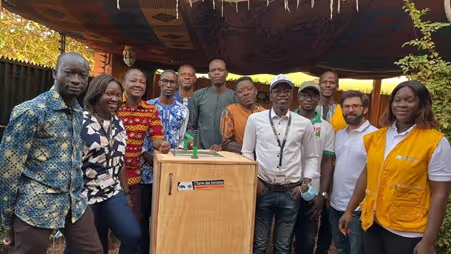
Gravit`eau handwashing systems recycle water using gravity and a foot pump. By doing this, they save over 95% of water compared to the conventional handwashing systems and enable handwashing where no public water supply and electricity are available. Gravit`eau team member Fabian Peter travelled to Burkina Faso to conduct training on the local construction, operation, maintenance and monitoring of the Gravit`eau handwashing systems for 10 participants. After his return, we asked Fabian some questions.
What is the Gravit'eau handwashing system and how does it work?
“The handwashing system is a micro-scale water treatment system that contains several treatment steps and removes pathogens and particles from the water. You wash your hands by operating a foot pump that delivers water to a water-saving tap. The dirty, soapy water flows into a sink and the raw storage tank below it. The water then goes through a multi-step treatment process, including passing through the ultrafiltration membrane. The membrane's pores are smaller than pathogenic organisms including bacteria and viruses. The purified water is collected in the clean water tank, from where it is pumped to the tap and ready for someone else to wash their hands. The health care regulations in Burkina Faso require chlorine in handwashing water. Therefore, we use a simple chlorine dosing device or add chlorine manually. Depending on the use, water requires replacement about once a month and chlorine and soap dosing systems need refilling.”
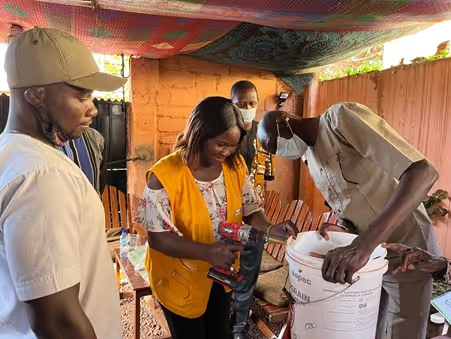
Where are the Gravit'eau handwashing systems produced?
“We decided to produce the handwashing systems in situ and to train communities we work within the production and maintenance of the systems. We think that providing flexibility in design helps to address the needs of different user groups better. We also know that no hardware lasts forever. We think that developing local production capacities in the ongoing process is more sustainable in the long term and enables community members to maintain or adapt the design to the changing needs”
Why did you travel to Burkina Faso?
“Our experiences during the pandemic have shown that not everything can be done by videocalls and online meetings. Constructing the first handwashing systems is a process which is best done together during an on-site training session. Our partner Terre des hommes has a country office in Burkina Faso. In a one-week training I showed the team how to construct the 3 different handwashing systems that they are going to use in health care facilities. We also spent time looking for locally available materials, like containers, we talked about hygiene and safety and did microbiological testing.”
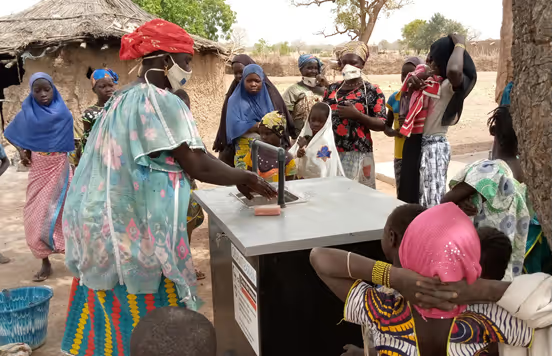
From construction to microbiology - that's quite a broad scope! What is required to produce the systems locally?
“We deliver only a small kit from Europe. This kit contains the ultrafiltration membrane, foot pump, foam soap dispenser and connectors for water tanks and tap. Plumbers and carpenters or welders from the region we’re working in install the parts into locally available plastic tanks and construct the housing out of available materials. We used plywood previously, but the team did not find suitable wood in Burkina Faso that is water-resistant enough. So, we evaluated other materials and decided to use iron sheets to construct the housing instead of wood. This seems to be more accessible, robust and durable.
I also brought some tools from Switzerland and trained the team in using them. A step drill or a cordless screwdriver are simple to use but can be difficult to source in Burkina Faso, and the workers had never used them before. These tools simplify the construction process and increases the quality of the end product considerably.”
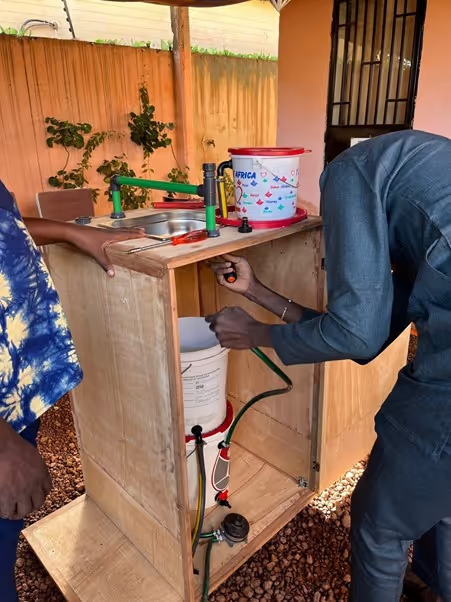
What monitoring methods does Gravit’eau use?
“The safety of water is essential for any recycled water system. I have trained the Terre des hommes team to set up a small field laboratory using only simple equipment to measure faecal indicator microorganisms in water. We have also developed a method to measure the integrity of filters. To do that, I showed the team how to enrich the water with probiotic safe microorganisms and we measured the concentration before and after filtration. In the field, the teams will also collect data on other technical parameters and evaluate attitudes, experiences and perceptions of users, operators and staff of health care facilities and schools.”
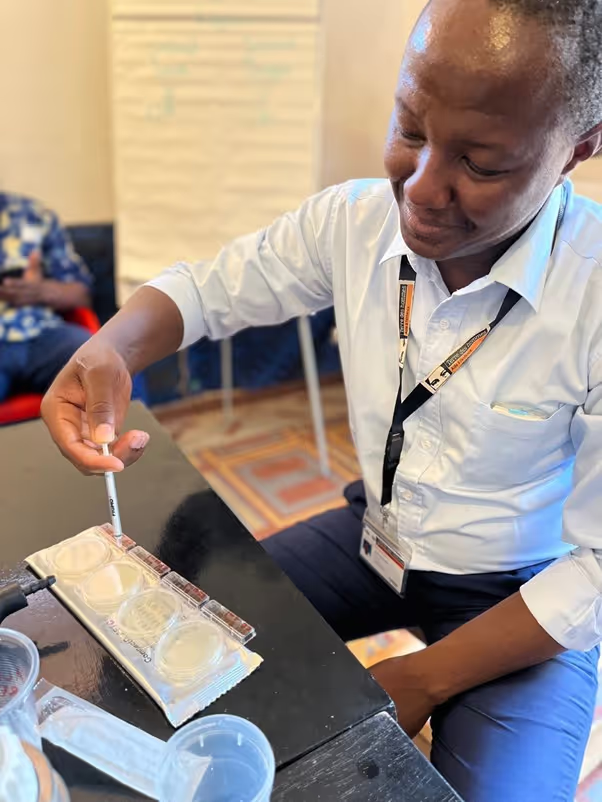
So, what comes next?
“This year, through workshops and the work of the Terre des hommes teams, 70 systems will be produced in Burkina Faso, Mali and Nigeria. The first systems will start operating in health care facilities in Mali and Burkina Faso in February and in Nigeria in March for around 47,000 people. The teams will conduct monitoring and evaluation activities for 6 months. We will inform and involve the relevant regional and national health authorities in the activities and will share the results and feedback from users. Once the hardware is operational, our partner RANAS will conduct behaviour change interventions to improve use. The Swiss Tropical and Public Health Institute will finally evaluate the health impact of the interventions at the later stage, generating further evidence. Activities will go in parallel in the three countries. We will use the results to optimize the design and improve the quality and capacity of production. The field evaluation will generate strong evidence on the impact of technology to improve WASH in health care facilities and schools without functional water supply systems.”
Stay updated
Sign up for our newsletter to receive regular updates on resources, news, and insights like this. Don’t miss out on important information that can help you stay informed and engaged.
Related articles
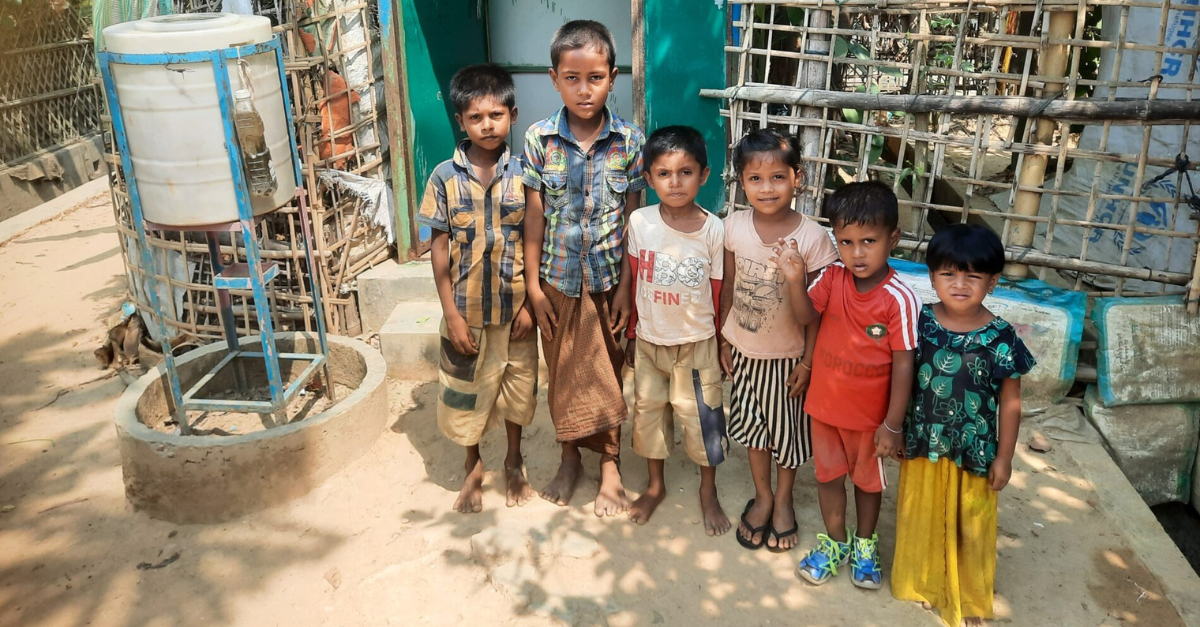
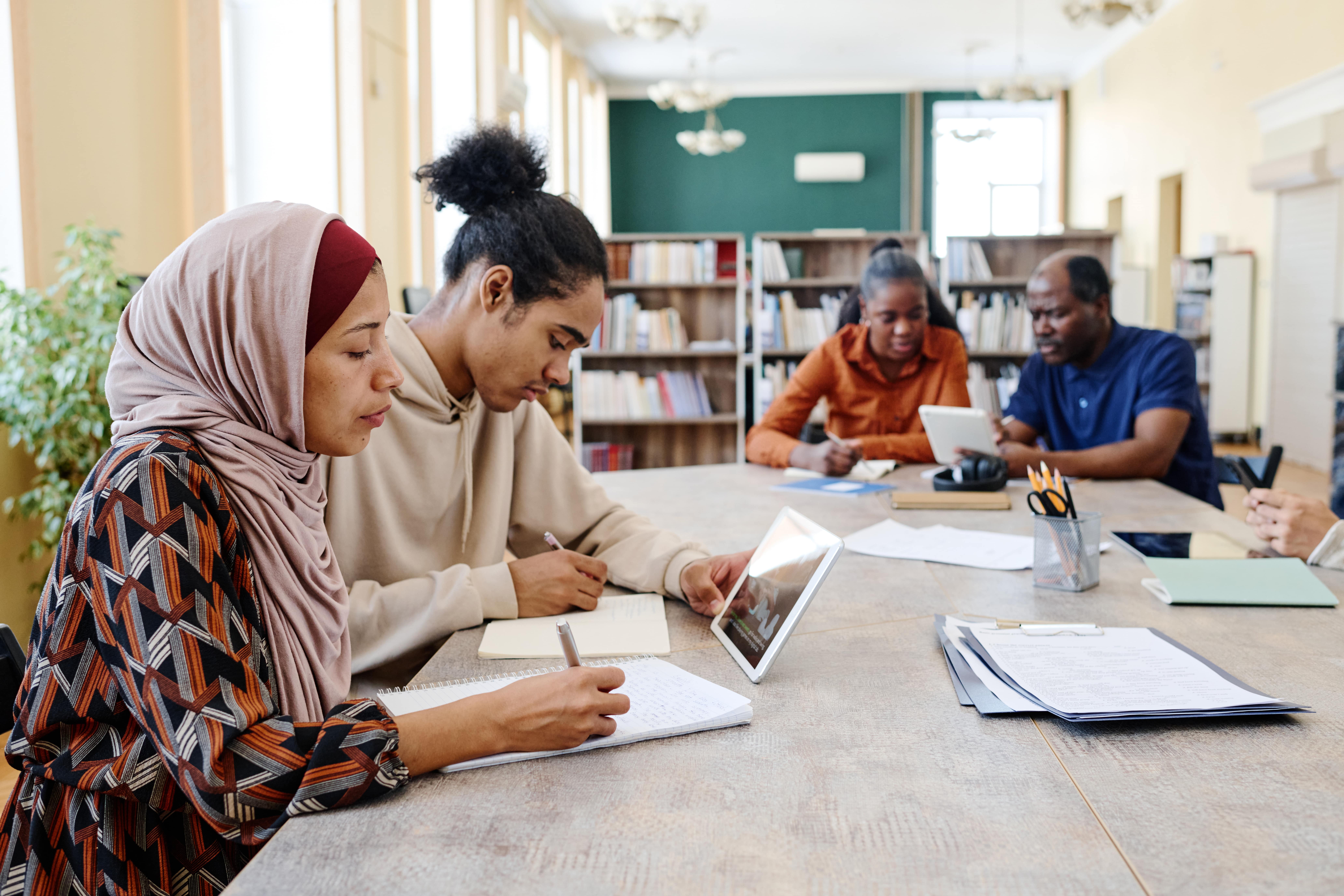
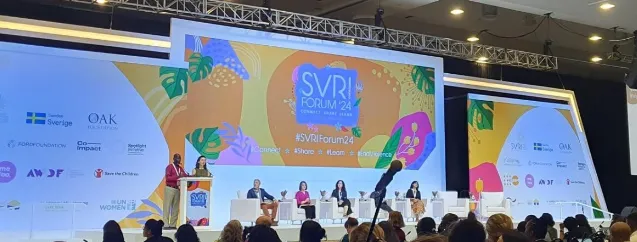
Explore Elrha
Learn more about our mission, the organisations we support, and the resources we provide to drive research and innovation in humanitarian response.